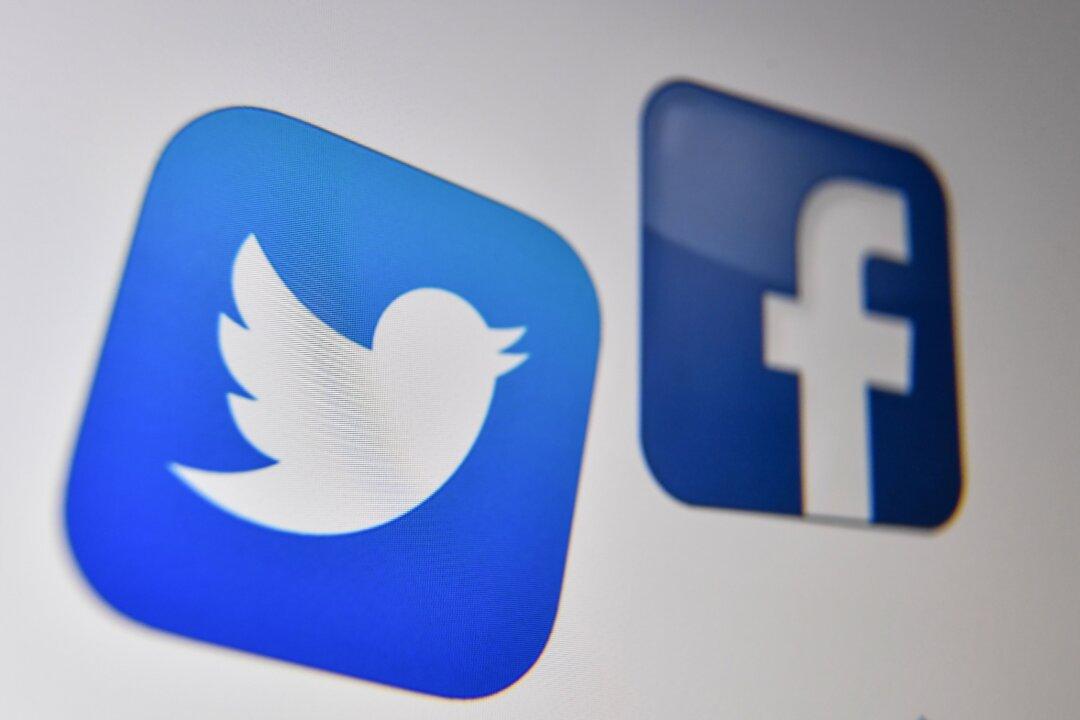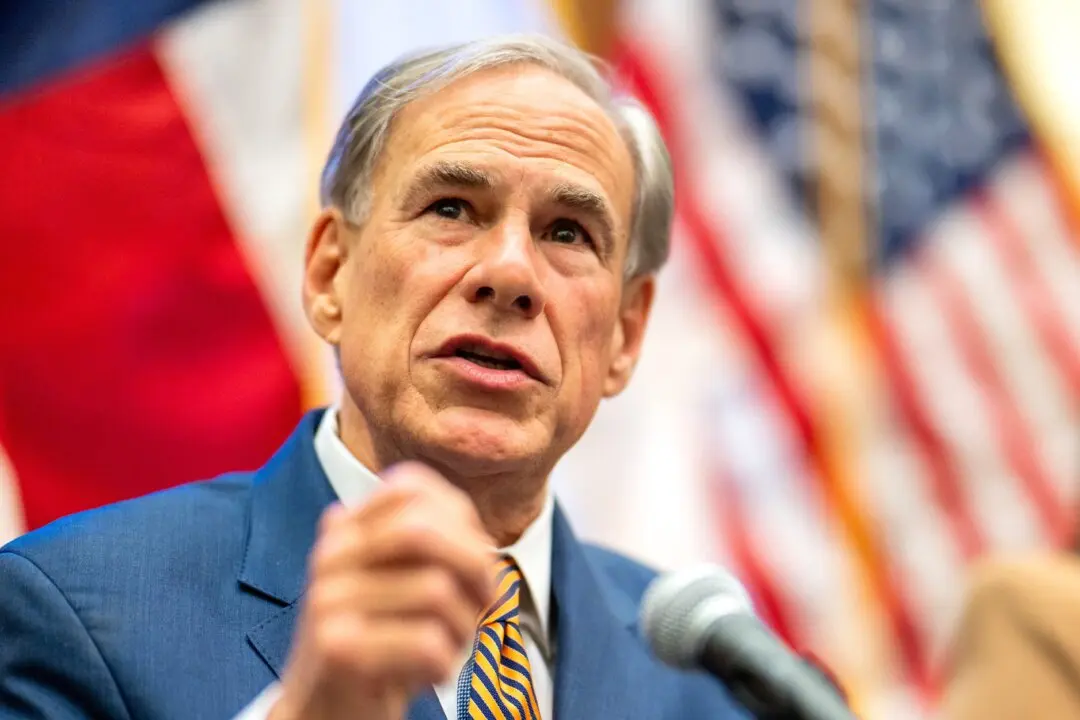A bill proposed by Republican lawmakers in North Dakota could enable lawsuits to be filed against Twitter and Facebook by users who have seen their accounts deleted or censored.
The new bill (pdf), sponsored by six legislators, is titled, “an Act to permit civil actions against social media sites for censoring speech,” and it stipulates that websites with more than 1 million users would be “liable in a civil action for damages to the person whose speech is restricted, censored, or suppressed, and to any person who reasonably otherwise would have received the writing, speech, or publication.”





